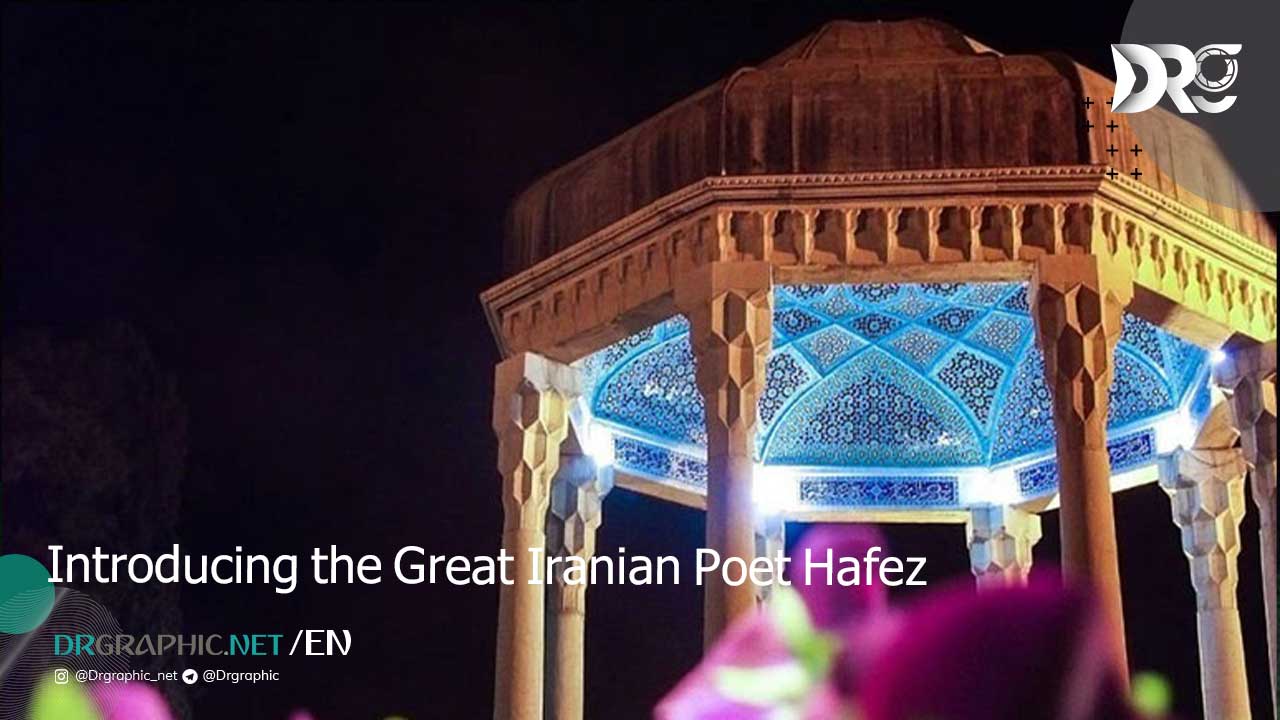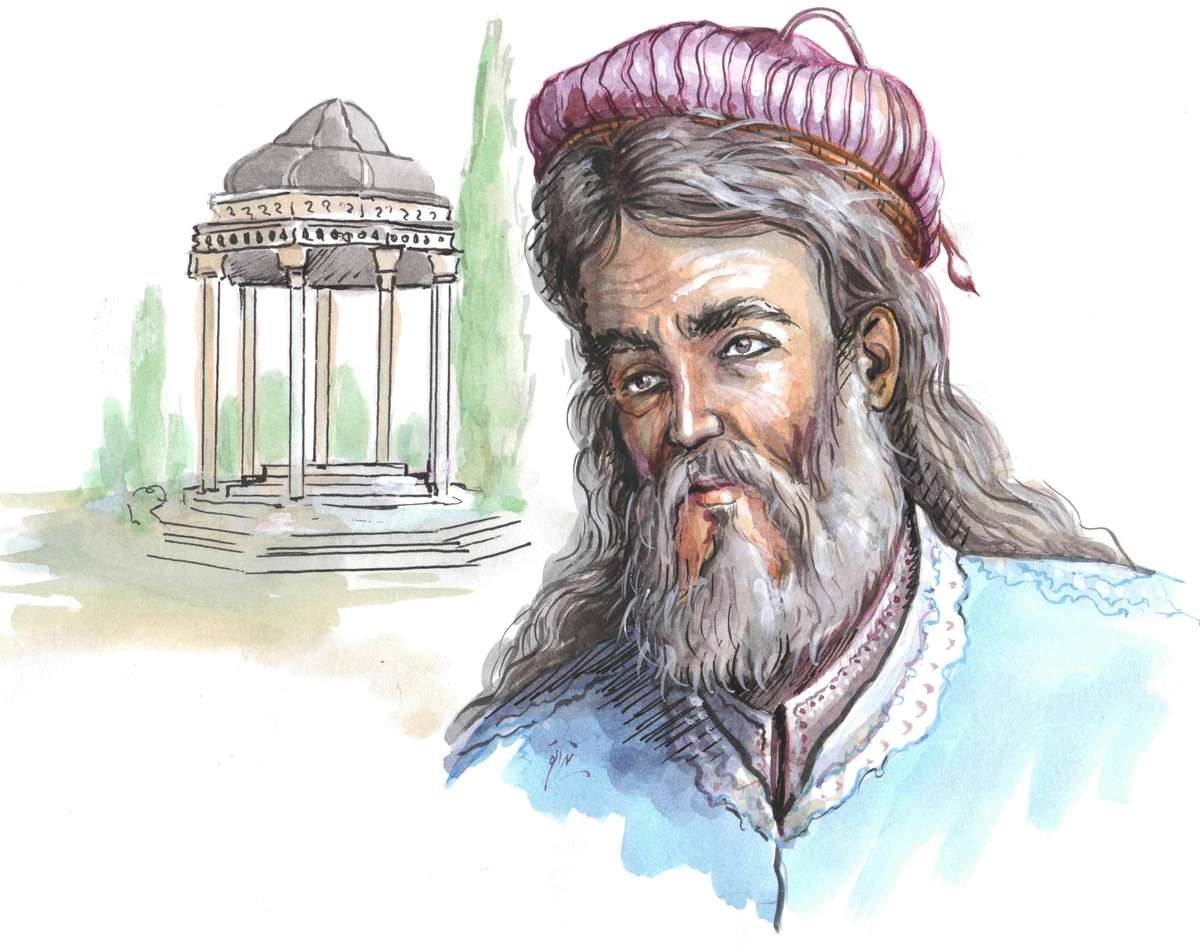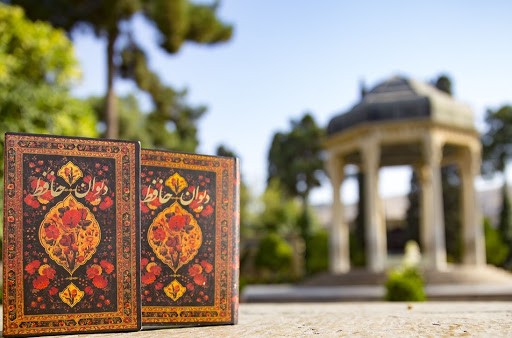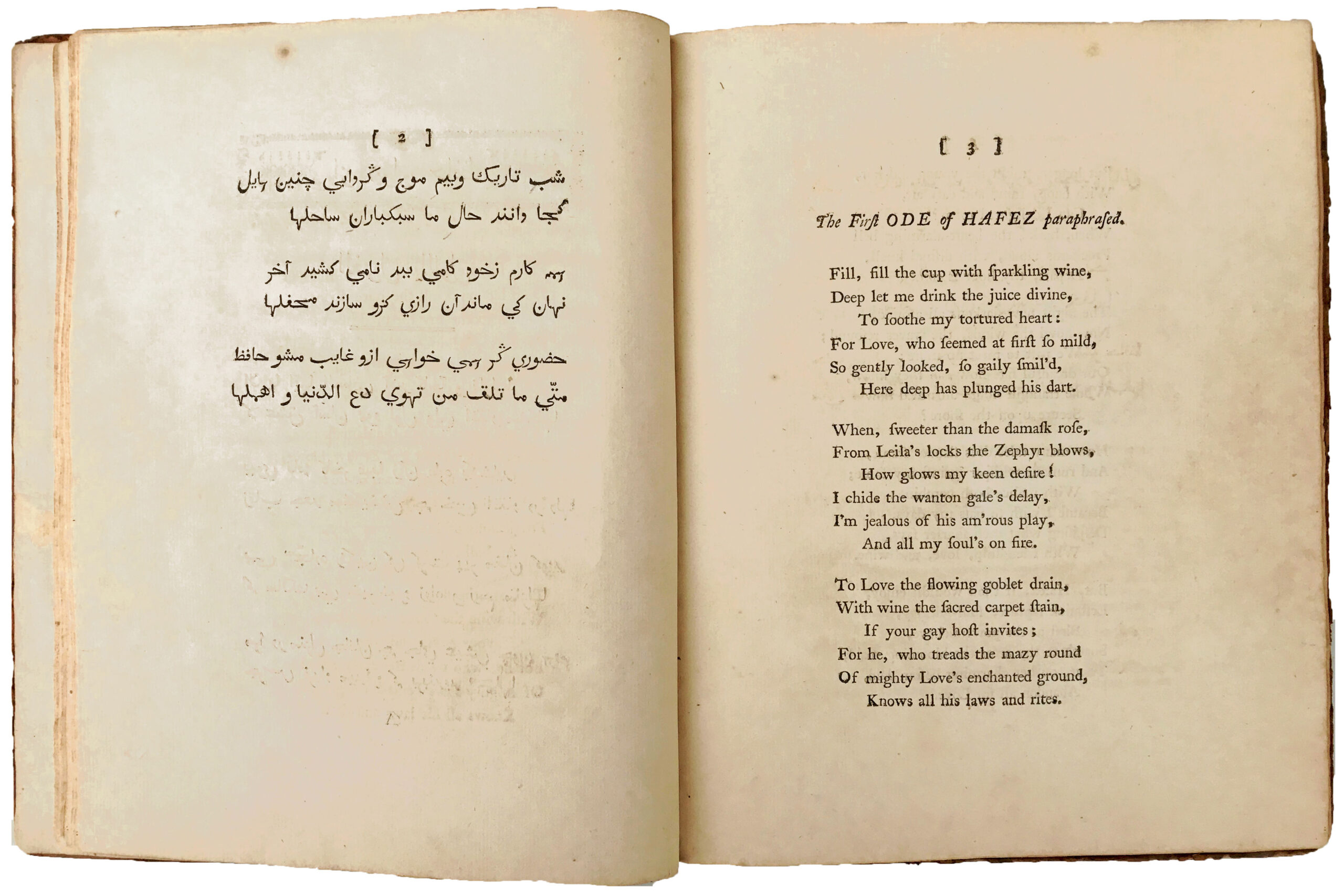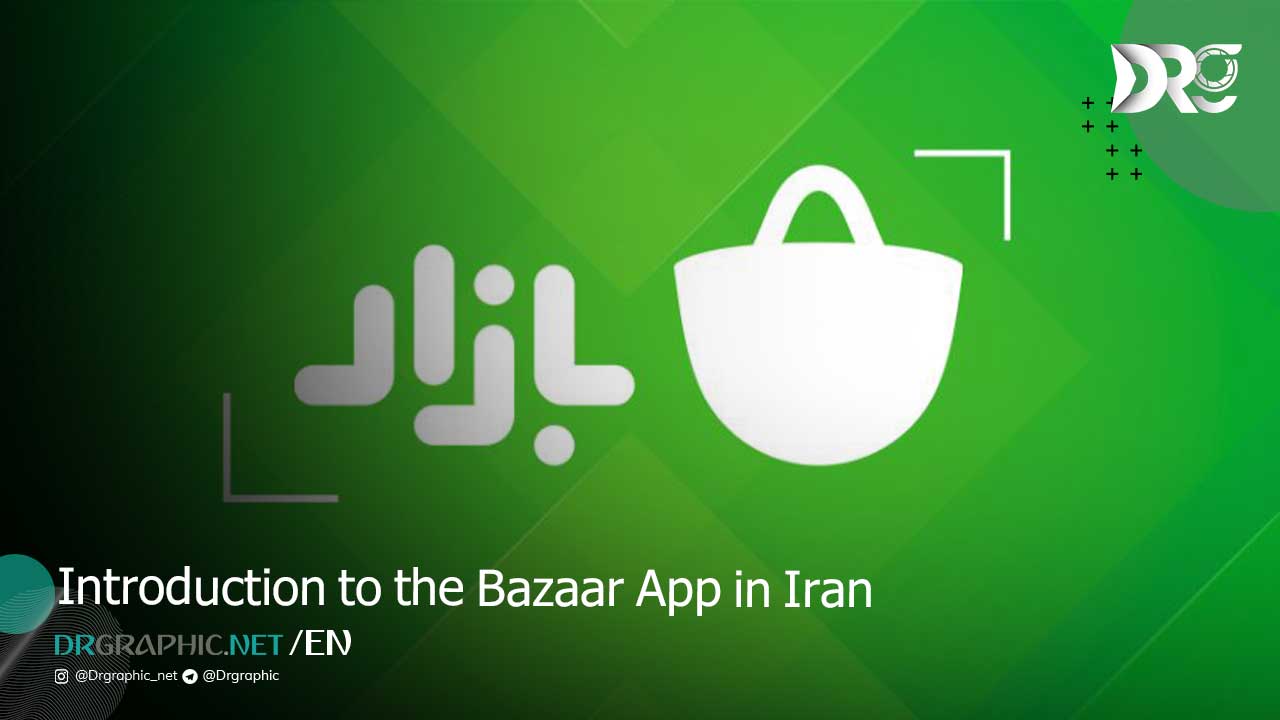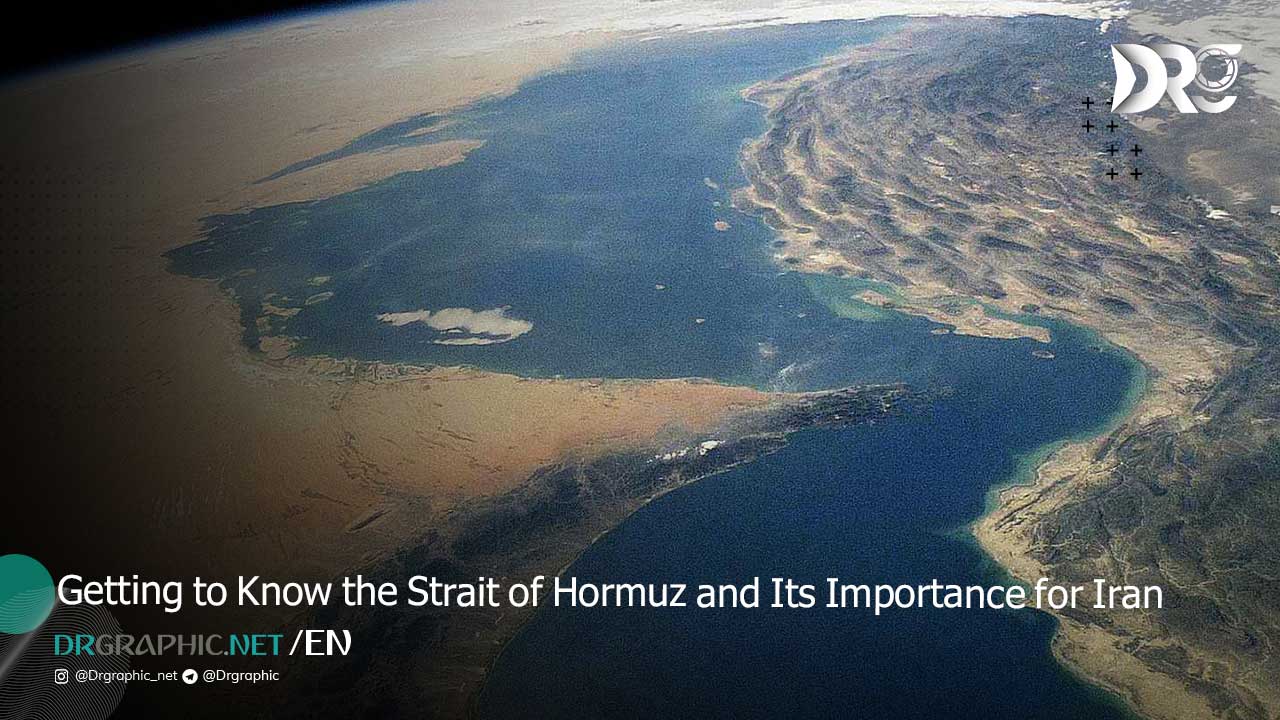Hafez, one of the most revered figures in Persian literature, continues to captivate the hearts and minds of readers worldwide. His poetry, timeless in its beauty and depth, has left a profound impact on Persian culture and the literary world. Born in Shiraz, Iran, in the 14th century, Hafez’s verses touch on themes of love, spirituality, beauty, and the human condition. His works transcend time and place, resonating with people from different cultures, languages, and backgrounds. His contribution to Persian literature and world poetry is invaluable, and his legacy as a literary giant is still honored today. This text will be donated to Hafez by Dr. Graphic.
The Life of Hafez
Hafez, whose full name was Khajeh Shams-ud-Din Muhammad Hafez Shirazi, was born around 1315 in Shiraz, a city in the southern part of Iran. Although details of his early life remain unclear, it is believed that he was raised in a prosperous family. His educational background likely involved exposure to classical Persian poetry, philosophy, and Islamic teachings. These early influences shaped his poetry, which reflects both a deep understanding of Islamic mysticism and a profound appreciation for Persian culture.
Hafez’s early experiences, including his education and life in Shiraz, played a significant role in shaping his worldview. However, much of his personal life remains shrouded in mystery. It is unclear whether he ever married, though his poetry often explores themes of love and the beloved, which many readers interpret as expressions of his personal experiences. Despite the scarcity of biographical information, his poetry gives us glimpses into his philosophy, humor, and reflections on the nature of existence.
Hafez passed away in 1390, leaving behind a legacy of profound poetry that would inspire future generations of writers, thinkers, and artists. His tomb, located in Shiraz, has become a place of pilgrimage for admirers of his work, and the city remains a hub for Persian culture and literature.
The Style and Themes of Hafez’s Poetry
Hafez’s poetic style is characterized by its lyrical beauty, subtle complexity, and deep philosophical insights. He is best known for his ghazals—short lyric poems that express deep emotions and often explore themes of love, spirituality, and the human condition. Hafez’s ghazals are celebrated for their musicality, imagery, and symbolic use of metaphor.
One of the hallmarks of Hafez’s poetry is his use of symbols and allegories. Many of his poems employ metaphors such as wine, the beloved, and the nightingale, which carry deep symbolic meaning. The wine often symbolizes the divine or spiritual intoxication, while the beloved represents an unattainable ideal or the divine presence. The nightingale, as a recurring motif, symbolizes the poet’s longing and devotion, often expressing the soul’s yearning for connection with the divine.
Hafez’s poetry often intertwines the earthly with the spiritual, blending romantic love with metaphysical musings. This duality makes his work universally appealing, as it speaks to both the heart and the soul. His verses are not merely expressions of love and beauty but also reflections on the deeper truths of existence, the nature of the self, and the pursuit of spiritual enlightenment. Through his poetry, Hafez invites the reader to explore the boundaries between the material and the spiritual world, offering a vision of life where love, beauty, and wisdom coexist.
The Legacy of Hafez
Hafez’s legacy extends far beyond his contributions to Persian literature. He is widely regarded as one of the greatest poets of the Persian-speaking world, and his influence has been felt throughout history. His works have shaped the development of Persian poetry and continue to be studied, analyzed, and admired by scholars and poetry enthusiasts alike.
In Iran, Hafez’s poetry is a central part of cultural life. His collected works, known as the Divan of Hafez, are widely read and cherished by Iranians of all ages. It is common for people to recite his verses during family gatherings, celebrations, and other social events. The practice of Fal-e Hafez, in which people randomly open his Divan to seek guidance or insight, is a popular cultural tradition in Iran. The Divan of Hafez serves not only as a source of literary pleasure but also as a spiritual guide for many, offering wisdom, solace, and reflection.
Hafez’s influence is not limited to Iran. His poetry has been translated into many languages, and his works have influenced poets and writers around the world. One of the most famous admirers of Hafez was the German poet Johann Wolfgang von Goethe, whose West-östlicher Divan was inspired by Hafez’s mystical poetry. Goethe’s admiration for Hafez helped introduce Persian poetry to the Western world, and the two poets are often linked as major figures in world literature.
Hafez in Modern Iran
In modern Iran, Hafez remains a symbol of cultural pride and intellectual tradition. His poetry continues to be a vital part of Iranian identity, and his verses are frequently quoted in contemporary literature, music, and art. His tomb in Shiraz is a popular tourist destination, attracting visitors from all over the world who seek to honor the poet’s memory and immerse themselves in the cultural heritage of Iran.
In addition to his literary significance, Hafez’s impact can be seen in Iranian art, music, and philosophy. Many Iranian musicians have set his poetry to music, creating beautiful songs that bring his verses to life. His work has also influenced visual artists, who have depicted scenes from his poems or used his imagery in their artwork.
Hafez’s Philosophical Insights
While Hafez’s poetry is often romantic and celebratory, it also contains profound philosophical reflections on the nature of life, love, and the pursuit of truth. His verses express a deep skepticism toward worldly attachments, urging readers to seek spiritual fulfillment and wisdom rather than material wealth or power. Hafez often reminds his readers that the search for truth and enlightenment is an internal journey, one that requires humility, self-awareness, and the willingness to question established norms.
Hafez’s philosophy also includes a strong emphasis on the fleeting nature of life and the importance of living in the present moment. He frequently reminds his readers of the impermanence of existence and the futility of clinging to the past or worrying about the future. His poetry encourages a life lived fully, with an open heart and a clear mind, embracing both joy and sorrow as part of the human experience.
Read more:
Familiarity with the Biography of Professor Firouz Naderi from Iran
Conclusion
Hafez’s poetry is a timeless treasure, offering insights into the complexities of the human soul and the mysteries of the universe. His verses, rich with meaning and beauty, continue to inspire readers, writers, and thinkers around the world. His legacy as a poet, philosopher, and cultural icon is firmly established, and his work remains a central pillar of Persian literature and global literary traditions.
Hafez’s poetry speaks to the universal human experience, offering wisdom on love, life, and the quest for truth. Through his words, he invites readers to reflect on their own lives, to embrace the beauty of existence, and to seek a deeper connection with the divine. Hafez’s influence will continue to shape the world of literature and culture for generations to come.
Resources : Wikipedia _ Divane Hafe
How useful was this post?
Click on a star to rate it!
Average rating 5 / 5. Vote count: 3
No votes so far! Be the first to rate this post.

